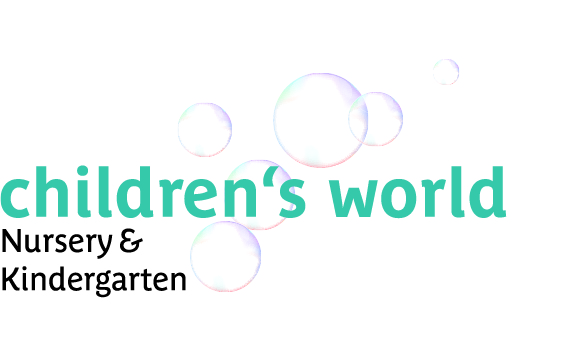“Humans need animation-free phases to develop, which is no different in children than in adults, so one has to be grateful that humans invented the smartphone long after the wheel.”
(Michael Neudecker)
“I’m bored! ” or: “I don’t know what to do! ” are statements of children, that quickly put some parents under pressure and make them sweat. For them, this situation is unpleasant, because they think their child suffers from this condition and therefore this must be eliminated as soon as possible with activities prescribed by them. But parents are parents, not entertainers and boredom are part of a child’s development process and is even an important driver of promoting creativity and self-reliance. The children, who learn early to endure their boredom, stimulate their brains to be inventive and to provide themselves with new employment ideas. They thus recognize their own needs and become independently active, to satisfy them. Boredom is so to speak the engine for new game ideas, it really gets the synapses going in search of distraction. An important prerequisite is that the child has free time, because if every minute of the day is planned with activities so that the child does not fall into the boredom mode, there is ultimately no time to be bored and thus to think about oneself and one’s own occupation. Parents who with every “I’m so bored” take immediate measures for fun, only create the problem in the long term that the child repeatsthat same pattern of behavior over and over again. It remembers the equation “I’m so bored = I’m being pranked”.
What follows from this is not to leave the child alone with his boredom forever. Occasionally support it with a kind of help for self-help, in the form of small suggestions that the child can develop himself. Create a stimulating environment for your child to deal with toys and objects that allow repetition sands and changes. Repetitions give dem child security and allowto comprehend the world. Changes stimulate curiosity and help to understand more complex relationships. Inclusion in home work and/or gardenwork also expands the field of employment and encourages new discoveries. And very important are feedback in the form of praise, because thus the child feels important and valuable and will rarelyer complain about boredom.
Rita Wolter, Montessori educator, Kindergarten Ennetbaden







